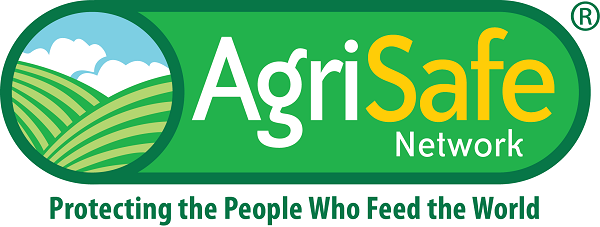AgriSafe Learning
More Than Milk: Strong Bones and Injury Prevention for Aging Women in Ag
-
Register
- Non-member - Free!
- Member - Free!
Summary: Do farmers or ranchers really retire? Generational family operations frequently include the aging parents, the living legends of agriculture. Farmers and ranchers self-identify good health with the ability to work. The normal aging process slows down one’s ability to engage in meaningful activities physically and mentally, essentially to continue working. Swirl in the postmenopausal issues incurred by the female farmer, and a myriad of health hazards arise.
Unlike men, who experience a gradual loss of bone mass as they age, women will lose over 30% of their bone mass in the first five years after menopause. Agriculture is a hazardous and uncertain profession. Women are working well past the age of menopause. Training measures should focus on avoiding common risk factors and preventative actions to decrease the likelihood of an injury. Workplace and home safety are achievable. We will also address other age-related changes such as vision, hearing, and sleep disturbance. Every member of the family operation will benefit from learning creative strategies and solutions to help the aging in-place seniors achieve wellness and self-fulfillment.
Linda Emanuel, BSN, RN
Community Health Liaison
AgriSafe Network
Shaped by her experience as a Registered Nurse in rural Nebraska and as part of a multi-generational family farm, Linda grew into advocating for and educating agricultural producers and healthcare professionals. As the Agricultural Health Liaison at the AgriSafe Network, she is responsible for curriculum design of outreach programs that serve the holistic health needs of today’s farmers and ranchers. She serves as project lead within the Midwest region for the Total Farmer Health Coach program, which has a direct focus on behavioral health. Her liaison work is most exceptionally seen in the Talking Total Farmer Health podcast which she hosts, and the health/wellness outreach trainings she leads within the agricultural population she serves.
Linda has a diverse background in acute care nursing, intensive care, pediatrics, home health care, and rural primary care clinics. She is an AgriSafe Nurse Scholar, and a Nebraska LEAD fellow. She belongs to the American Nurses Association, Rural Nurses Organization, and Nebraska Nurses Association. She and her husband own and operate a row crop farming operation that has welcomed back their sons and families to continue a legacy.
Key:
| Access Date | Quiz Result | Score | Actions |
|---|
Quick Search
Technical Difficulties
Submit a help ticket if you need technical assistance.
Having Computer Issues? Please check your internet browser and security settings to allow permissions for this website. Browsers: Microsoft Edge version 40 or higher; Chrome version 60 or higher, Firefox version 50 or higher; or Safari version 10.1 or higher. We recommend using Google Chrome or Firefox as your browser.
